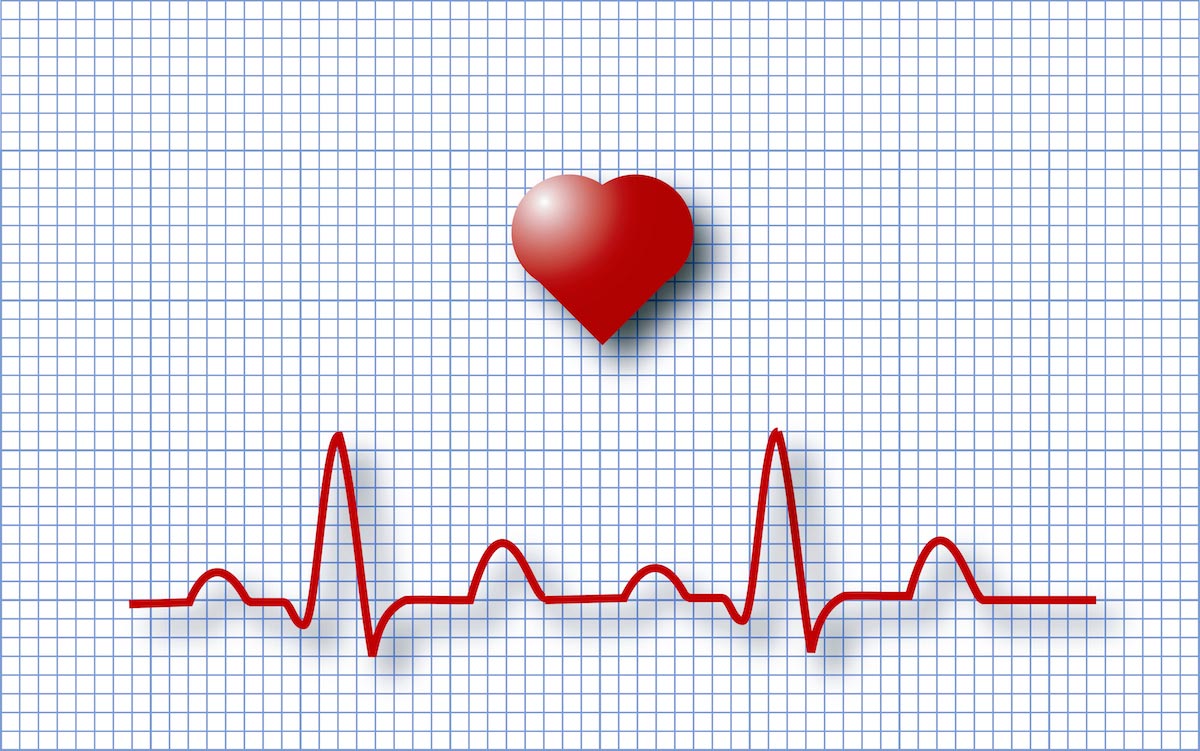Simple strategies for lifelong brain health
03/14/2019 / By Zoey Sky

Making positive lifestyle changes, such as exercising regularly and following a nutritious diet, isn’t just good for your physical health. In fact, it can also boost your brain health.
Prioritize brain health to boost cognitive function
Dr. Paul Nussbaum, a board-certified geropsychologist and clinical psychologist, warns that you should never take your brain health for granted. Like your body, the brain needs a good workout to stay strong and healthy.
At least one in every three people older than 70 years old have some degree of memory loss. Surprisingly, about 14 percent of men and women aged 18 to 39 also complain of poor memory. Younger people who are having memory problems often have destructive lifestyle habits, which includes the consumption of junk foods, inactivity, and the overuse of wireless technology.
However, even if you’re guilty of one (or several) of these bad habits, it’s not too late to start protecting your mind. Dr. Nussbaum noted, “people now are aging on their own terms, exerting more control over their health and [well-being]. Brain health is a particularly important part of this goal because the brain is the epicenter for nearly all of the human body’s functions.”
Whether you’re young or old, you can boost both your mental and physical health by making positive lifestyle choices. (Related: 10 lifestyle habits for better brain health.)
5 components to lifelong brain health
These five lifestyle components significantly affect brain health. They also provide the foundation for a proactive and lifelong approach to brain health.
Mental stimulation
The brain reacts well to novel and complex stimuli. Keep your brain healthy by learning a new language, traveling to exotic places, or trying new hobbies like painting or drawing.
Nutrition
Consuming fatty fish can boost your energy and improve cognition and motor skills. A proper diet will reduce overall inflammation, which is essential for your mental and physical health.
Add the following foods to your diet to boost your brain health and memory:
The spice turmeric contains a compound called curcumin, which is is a category of compounds called polyphenols. Curcumin is a powerful potent antioxidant with anti-inflammatory properties.
Physical activity
If you live a sedentary lifestyle, both your brain and body will suffer. You can even develop various health problems like obesity and heart conditions.
Regular exercise is crucial for overall physical and mental health, and studies have determined that it can boost memory in people of all ages.
Several studies have determined that exercise can help increase “the secretion of neuroprotective proteins and improve the growth and development of neurons,” which is associated with better brain health. Additionally, regular exercise in midlife is also linked to a decreased risk of developing dementia later in life.
Socialization
Isolation, particularly as you get older, may negatively affect your brain health. As you age, you need to develop stronger ties with your family and friends. Try to resolve long-term family tensions, talk to new people, and take part in social and recreational activities.
Spirituality
The human brain needs balance. You can achieve inner peace by engaging in daily prayer, learning to meditate, or practicing yoga regularly.
You can also practice mindfulness, a mental habit that you can use in any situation. Research suggests that mindfulness can help lower stress and boost both concentration and memory.
Even if certain factors are currently affecting your brain health and function, like disease, head trauma, or stress, you can make positive lifestyle changes to improve the five components included in the list above. Focusing on these components is the best way to keep your brain healthy and boost cognitive function.
Sources include:
Tagged Under: brain function, brain health, cognitive function, cognitive health, creativity, creativity boost, diet, exercise, fitness, healthy lifestyle, impaired memory, Meditation, memory loss, mental health, mental stimulation, mind body science, natural healing, nutrition, physical activity, quality of life, slender, socialization, spirituality




















